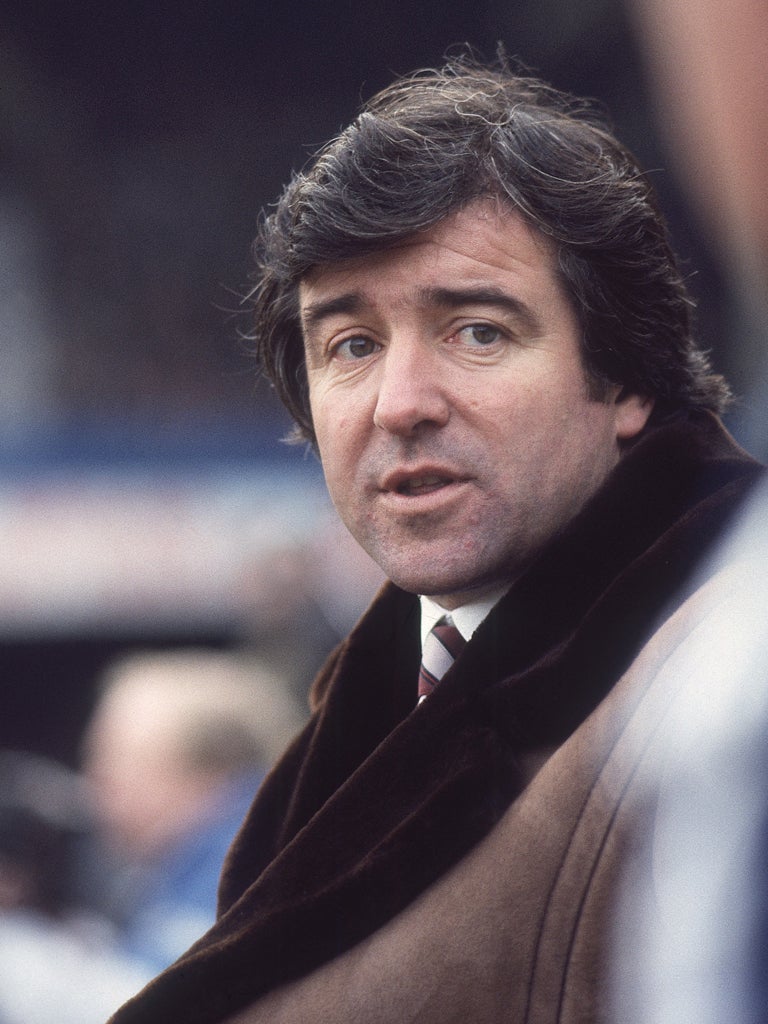Venables: El Clasico is money against education

Your support helps us to tell the story
From reproductive rights to climate change to Big Tech, The Independent is on the ground when the story is developing. Whether it's investigating the financials of Elon Musk's pro-Trump PAC or producing our latest documentary, 'The A Word', which shines a light on the American women fighting for reproductive rights, we know how important it is to parse out the facts from the messaging.
At such a critical moment in US history, we need reporters on the ground. Your donation allows us to keep sending journalists to speak to both sides of the story.
The Independent is trusted by Americans across the entire political spectrum. And unlike many other quality news outlets, we choose not to lock Americans out of our reporting and analysis with paywalls. We believe quality journalism should be available to everyone, paid for by those who can afford it.
Your support makes all the difference.Few in English football understand the pressures of El Clasico better than Terry Venables. Having spent three years managing Barcelona, in which he won a title and a league cup, he has not just navigated his way through, but triumphed in, Barcelona's unique culture.
But the hardest thing in football is to sustain success: Venables' one title came in his first year at the Nou Camp (1984-85), although the following season his side lost the European Cup final. This season, Barcelona's push for a fourth straight Spanish title is faltering. They are already three points behind Real Madrid, having played one game more. Lose tomorrow, and they could be nine points behind at Christmas.
Venables' lesson is that title-winning teams cannot lose focus in the next year. "You've constantly got to be on top of it because otherwise it slips away from you," he told The Independent.
Venables' Barcelona team were re-seeded from the club's famous youth system, having sold Diego Maradona to Napoli before the title win. "We had a lot of the boys who came through the ranks then I brought through, like Ramon Caldere, and Juan Carlos Rojo, and one or two of the others," he said. "They came through very young but also within two or three months they were playing for Spain, very quickly."
An important injury undermined Venables' second season, as they failed to retain the title but also lost the European Cup final to Steaua Bucharest. "We were unlucky," Venables explained. "Rojo, in my first year most likely the best player in the side for us, got a bad injury and that put us back."
That famous youth system has been at the heart of Barcelona's recent successes, and Venables identified it as being the heart of the difference between Barcelona and Real Madrid. "They do it differently from Real Madrid," he said. "Real Madrid just spend money on it, which is very handy until you run out of money and then you're in trouble. Every time they lose they spend £25m."
The "galactico" approach is in stark contrast to Barcelona's own method. "It's the money against the education," he said. "Big money shortcuts a lot of work; instead of working, and having coaches working for you, following the same principles [you spend money]. They've shown people, Barcelona, they don't have to spend fortunes to actually be successful. They've invested their money in the coaching teams: it's the teachers teaching the players. And when you teach them from a young age, they've shown it's like a conveyer belt for football excellence."
Venables is unworried about his former team's slow start. "It's no good just saying they've had a blip and that they're six points behind," he said. "It's more important who wins this game, to win the league. This game is going to be very, very important."
Join our commenting forum
Join thought-provoking conversations, follow other Independent readers and see their replies
Comments